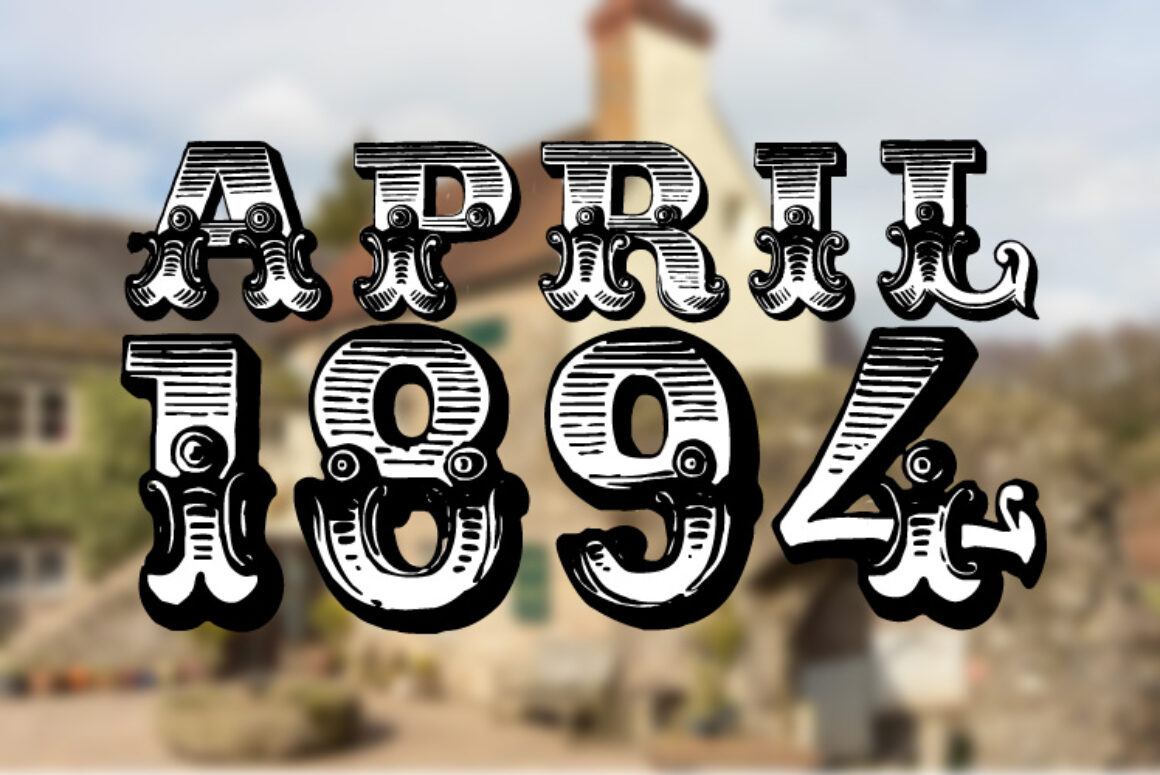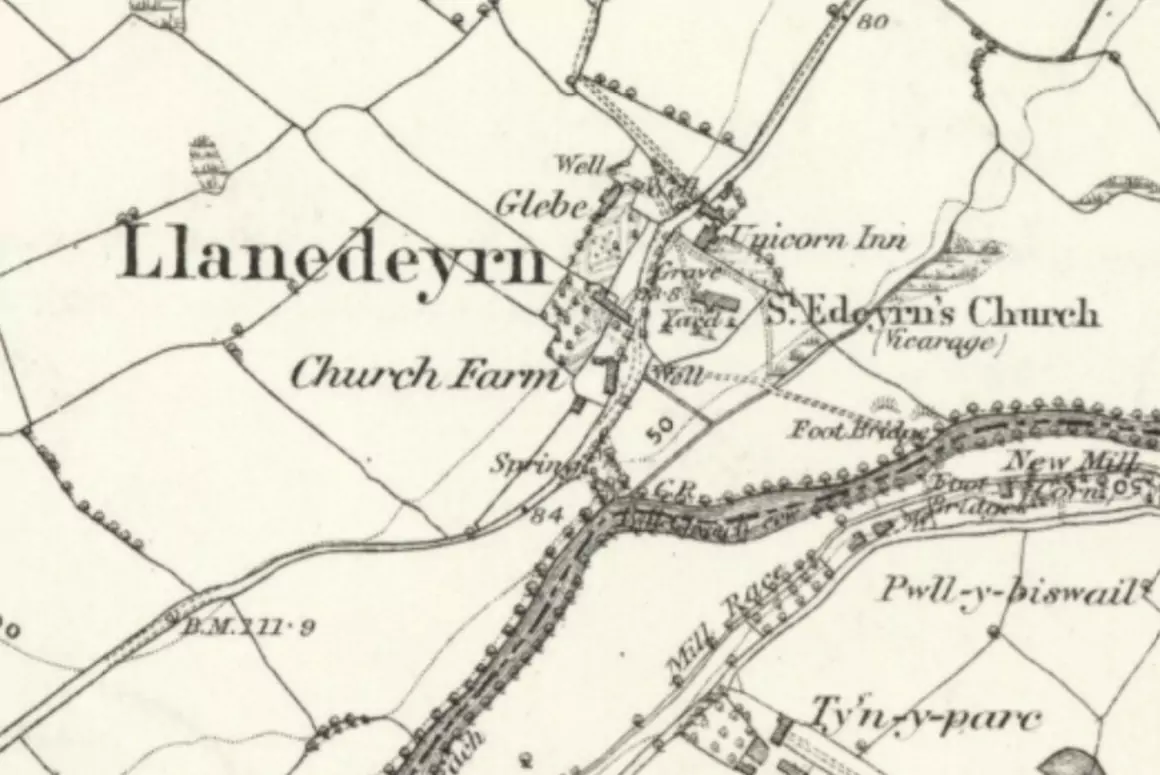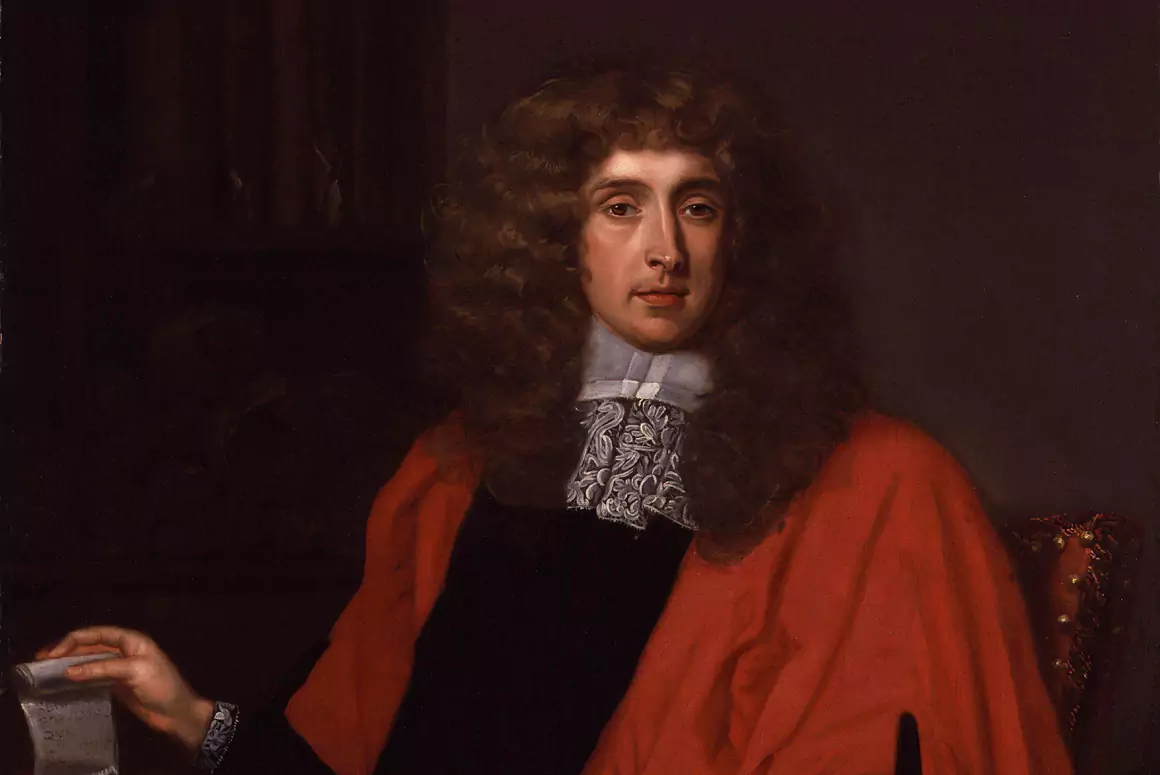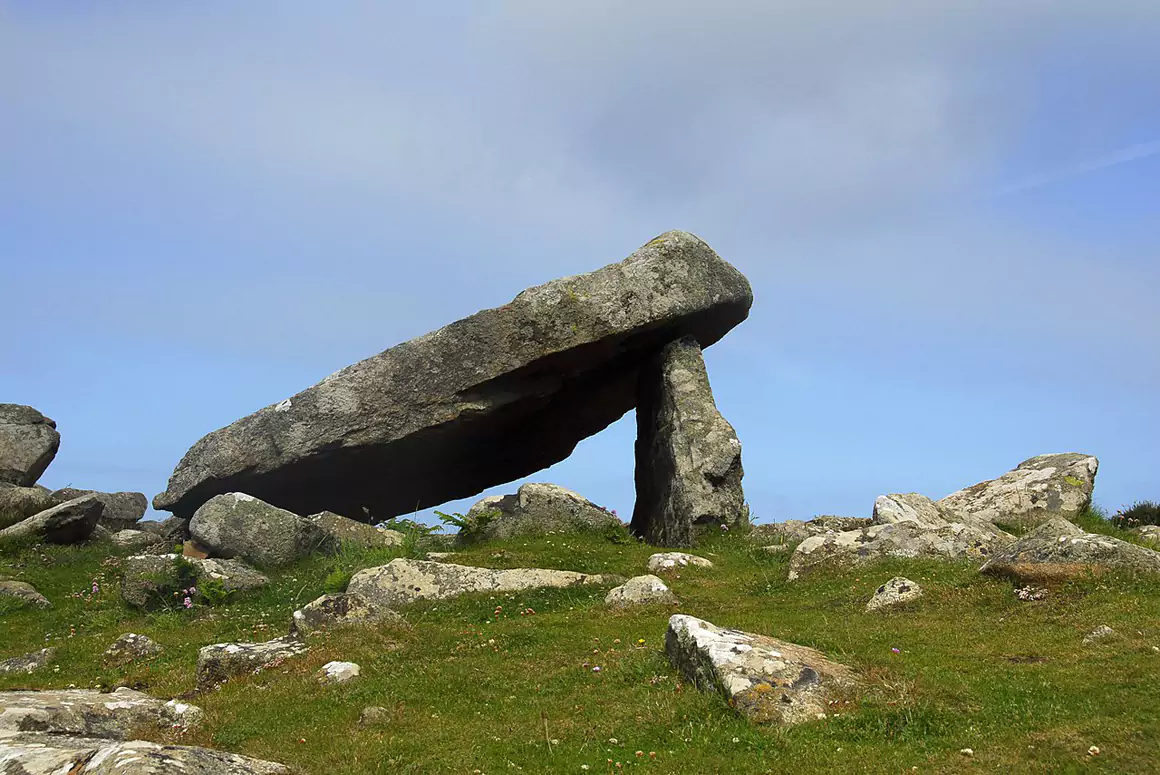![]()
There were very dodgy doings going on in Tintern in April 1894. Now that is not a sentence I ever thought I was going to write and I am sure quite a few reporters at the time didn’t think so either, but it is certainly the case that the press were very excited indeed. Attempted Murder at Tintern? A Publican wounded? Cardiff man arrested? They must have talked about this case for years.
George Moreton, the landlord of the Anchor Inn close to Tintern Abbey, had been shot by William Morgan. Two middle-aged men and a younger, pretty girl? Yes, you are right; it was never going to end well.
Moreton and his wife had been running The Anchor in Tintern for about two years, along with their two surviving children. A couple of months previously, Moreton had employed a barmaid, a young woman who, in all the reports in the press, is called nothing other than Miss Price. She was at some point engaged to William Morgan and may have lived with him as his wife for a while. And Moreton, as you may already have guessed…
…had for some reason transferred his affections from his lawful spouse to the attractive barmaid he had engaged, thus exciting the jealousy of his wife and upsetting the equilibrium of the love-smitten Welshman from Cardiff.
That’s another unexpected sentence.
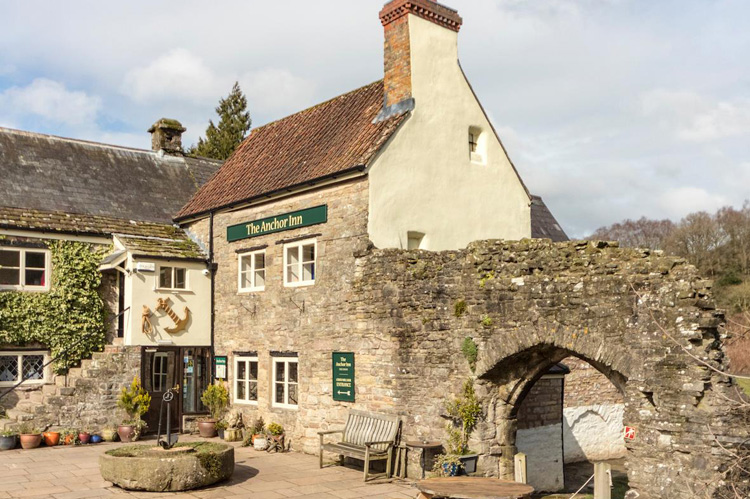
It all started on Saturday when Morgan, as he sometimes did travelled, from Cardiff to Tintern to see Miss Price. She met him and they walked together to Chepstow and back, when he, as usual, took a room at local lodging house. She went back to the Anchor and then returned to her work. Morgan followed later, hoping that when the pub closed he would have an opportunity to see Miss Price again.
When she didn’t appear at the end of the night, he went to the upstairs apartments to Miss Price’s room. What he saw would seem to have excited his suspicions. I think you can add your own details here; you don’t need me.
Moreton would later claim that he had gone to Miss Price’s room to get the keys to the bar because he fancied a drink. She though, refused to hand them over, saying that he was drunk enough already. It is not difficult to see who the boss in the Anchor was.

Morgan by now was prowling around outside. When Moreton went back downstairs, he heard a noise and climbed out of his bedroom window to confront the intruder. He ordered Morgan to leave, at which point, Morgan took a revolver from his pocket and fired in the air. Moreton’s response was to pick up a large stone with which to defend himself, and so Morgan again fired, hitting Moreton in the chest as he bent down, which meant that the bullet went down his chest rather than deeply into it.
Morgan then returned to his lodgings, told his landlady what he had done, and said that he expected the policeman would come for him. They do things differently in Tintern, of course, so it wasn’t until the following day that he was detained by Constable Williams. Morgan freely confessed, though added that really, he should have shot Miss Price. So the police got Morgan out of his lodgings, but the doctor was struggling to get the bullet out of Moreton, a difficulty that persisted for some time.
George William Morgan was charged by the magistrates in Chepstow with shooting, with intent to murder. He claimed he acted in self-defence, as Moreton threatened to smash his brains out with a stone and felt that in these circumstances his actions had been perfectly reasonable.

A reporter went to see Moreton who was in bed, lying on his back, eager to point to a hole just below his throat where the bullet entered. The ballet is inside here somewhere,’ he said, ‘and the doctor thinks it will cover over in time. He says it would be a very dangerous place to probe,’ which just goes to show that medical knowledge in Tintern at this time was far more advanced than you thought.
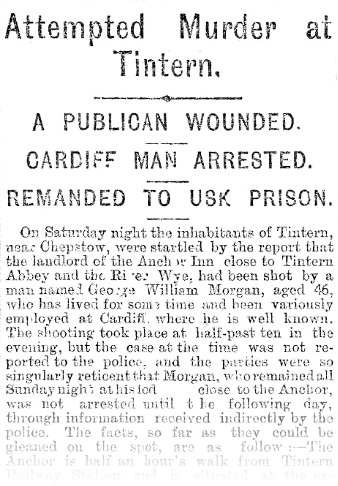
Things were a little more complicated back at the Anchor, where the two women were in disputed possession of the house. Miss Price was managing the business and held the keys, whilst Mrs Moreton took refuge in the kitchen The barmaid refused to say anything, but Mrs. Moreton, eagerly invited the reporter into the kitchen, and then unfolded a long story of the wrongs she said had been inflicted upon her by her husband who repeatedly evinced a partiality for Miss Price. I think we know what she means.
On Sunday, Morgan wrote to his employer, Mr. Israel, from his cell to explain his absence from work.
Chepstow, Sunday.
Dear Sir,
I am sorry I cannot- be with you tomorrow, as I am arrested for shooting at a man who made an attempt on my life and it may be some time before I can come to Cardiff. However, as soon as I can I will. I saw the man previously in my wife’s bedroom, so you can easily understand how matters are. The man was drunk, and being a powerful man, I should have had no chance with him. I am heartily sorry. The man won’t prosecute, as he knows it was his own fault; but trusting it will be all right.
I beg to remain, yours faithfully,G. MORGAN
It is not the kind of letter that you receive that often, though Morgan was wrong in one respect. Moreton did prosecute. You won’t be surprised to learn that Morgan conducted his own defence in court in July but, on the judge’s suggestion, he pleaded guilty to unlawful wounding. In light of the provocation he received, and the time he had already spent in prison, he was bound over to keep the peace for two years.
What happened to the fragrant Miss Price remains a mystery.
This was not the only excitement in Wales in April 1894. The Duleep Singh, a ship sailing from Barry to Brazil and Australia with coal, fetched up in New York with a man in irons who had stabbed and killed the shipmate who had attacked him with a belaying pin and who was then buried at sea, but that is a story for another time.
I shall conclude, instead, with dramatic news from Newport where Robert Lewis, handed himself over to Police Sergeant Porter, confessing that he had murdered John Jones in Caernarvon thirteen years ago when he threw him into a pit at a tannery. However urgent enquiries by the police quickly established that Jones hadn’t been murdered at all. He had emigrated to America. So they released the disappointed Lewis and sent him on his way. He had given himself up to get free lodgings for the night.


